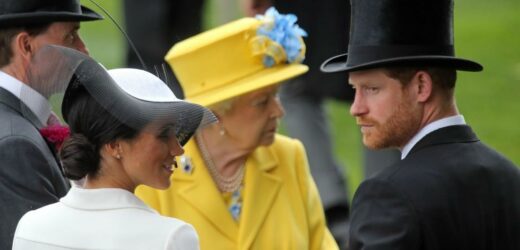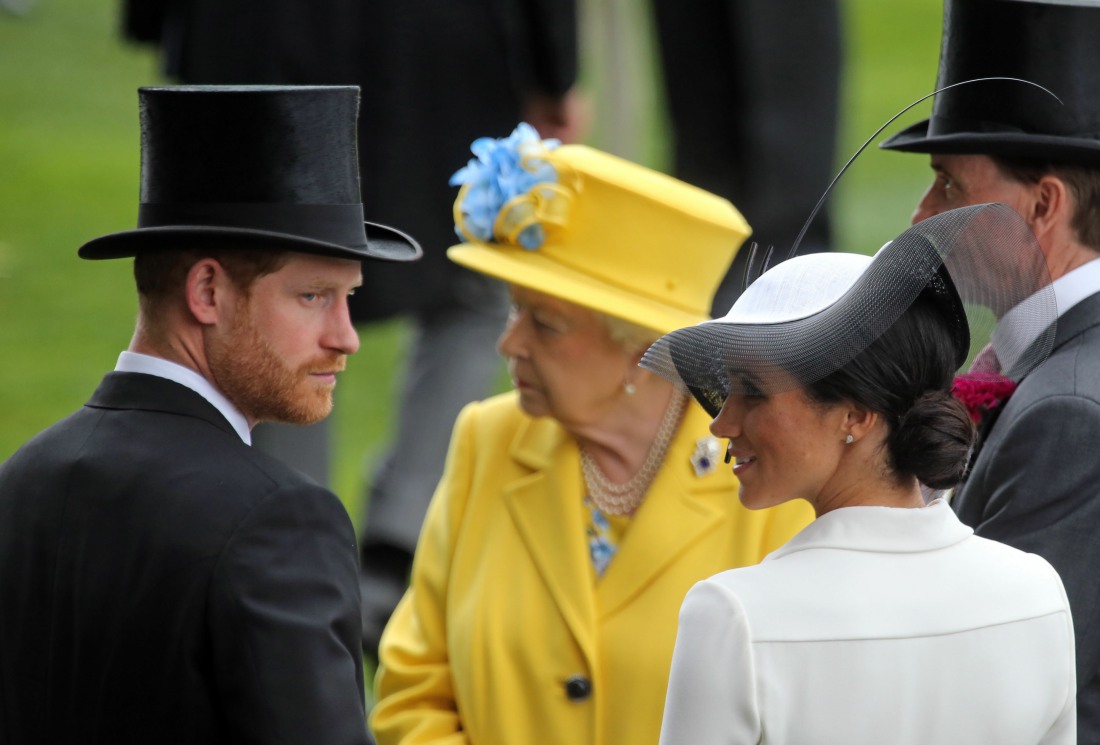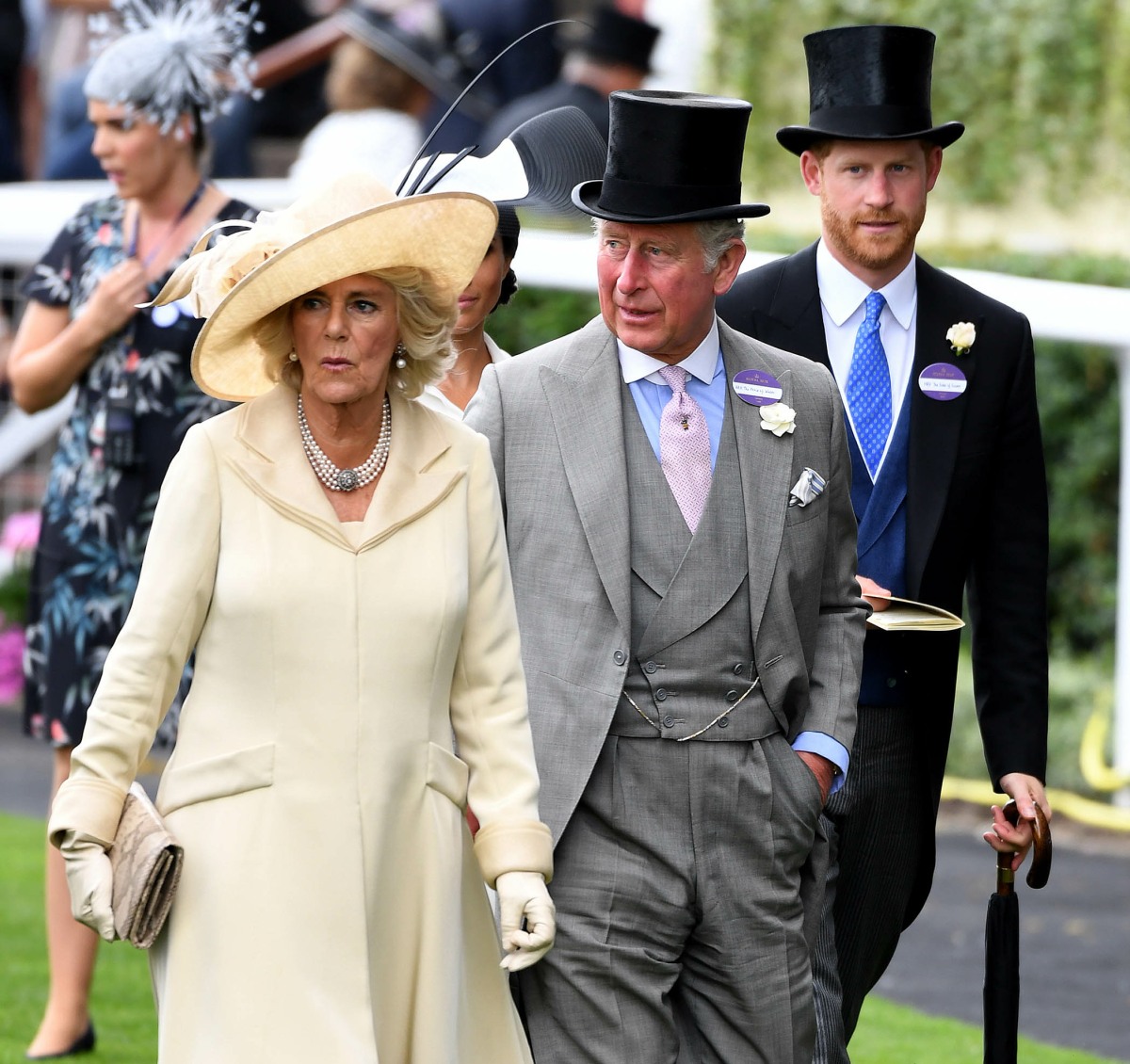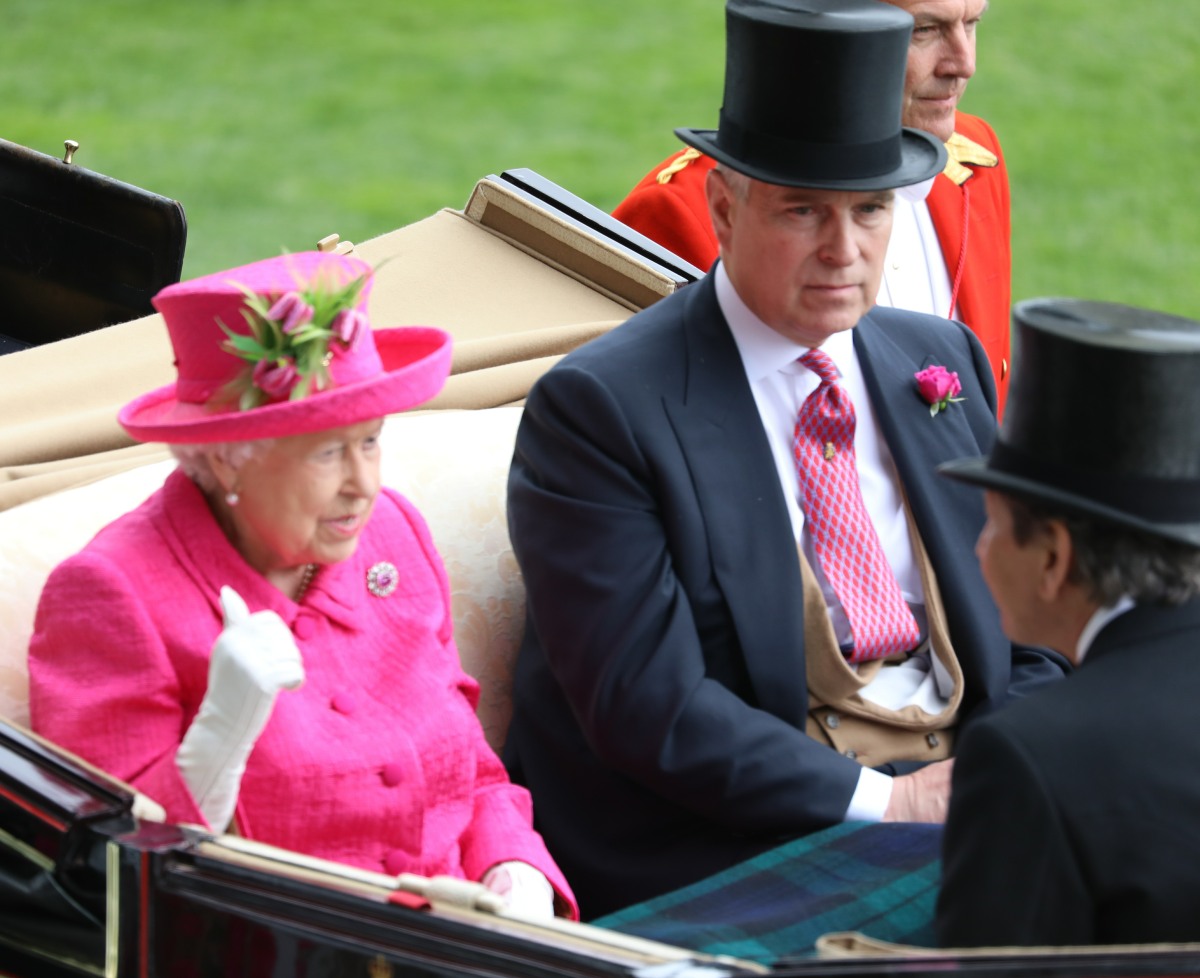Peter Hunt is one of the few royal commentators saying real sh-t. I’m sure he gets the palace memos and I’m sure his sources feed him the approved palace talking points, but he makes up his mind for himself and it’s usually pretty good and pretty cutting. For years now, Hunt has said that Prince Harry and Meghan’s exit from Salt Island speaks poorly of the royal institution and its ability to adapt. Hunt has always said that the Windsors should have been more accommodating to the Duchess of Sussex in particular and truly understood her power to represent an increasingly diverse UK and Commonwealth. Hunt also regularly calls out the invisible contract too, and he has been doing a lot of that lately when he tweets about the glowing coverage of the Duchess of Cornwall. Anyway, Hunt has a new interview in the Irish Times and he says some interesting stuff:
On the Queen’s isolation: “She’s a sort of castle-bound monarch, isn’t she? And that was fine during Covid, and she rather skilfully mastered the art of being a sort of Zoom queen. But that is harder to maintain as we come out of Covid and there’s more expectation of people meeting face to face.”
The Windsors’ greatest challenge: “The [royal family’s] greatest challenge is that on one level, it is utterly ridiculous that we’re talking about a 95-year-old and expecting them to start skipping and doing cartwheels down the street. We all know 95-year-olds and we’d expect them to be sitting in a chair with their feet up, watching the racing and drinking a cup of Horlicks. But for them, because abdication is just a no-no, the minute they start to say she is putting her feet up, then the public question will be: who is the head of state? And that’s a whole world one gets the sense they really don’t want to enter into, either counsellors of state temporarily or, indeed, a prince regent more permanently.”
On Prince Andrew giving up his patronages & his HRH: “Irrespective of his guilt or innocence, the core of it is about his catastrophic failures of judgment over many years. And in that context, you then also have to look at whether there was a failure of judgment in those around him, not just within the monarchy but also within successive British governments. The evidence is clearly there that it was questionable whether or not he should have been a trade ambassador for the British government, but no one stopped him, even though they would have had warnings – sort of – in private memos and from various ambassadors.”
On the Sussexes: Hunt believes that the royal family could have done more to accommodate them and that the institution fails to understand what an asset they lost in Markle. “She was able to give a speech in South Africa about being a woman of colour who entered an institution that, to survive and prosper, needs to continue being the head of state in several other realms which are Commonwealth countries, and it failed to do enough to keep her within the institution. I mean, it’s an institution that adjusts and makes things up as it goes along. There’s a flag up, there’s a flag down. They can adjust their history when they need to. They’ve managed to find a mechanism whereby [civilian] Prince Edward can attend the Cenotaph wearing a military uniform. They could have found a mechanism whereby Harry could have carried on. The fact that they didn’t smacks of a level of cruelty.”
On the Queen’s popularity & how her death will send everything into a tailspin: “I think it will be very different because her crucial advantage has been that we don’t know what she thinks. She could go to bed whistling the tune to the Red Flag, although we’re pretty confident she doesn’t. But we don’t actually know, and that’s her great saving grace. Whereas with Charles, we know of all the many and varied issues on which he has strong opinions and that will be a potential challenge for future governments. When you strip away what they are about, the crux of it is this quite challenging concept of being a unifying figure and being a unifying figure in a nation that has become increasingly diverse. On paper, it’s unbelievably challenging. But she has managed to do that. She has managed to become this sort of constant. An icon of steadiness. And she also personally has managed to be untainted by scandal, although there’s plenty of scandal around her. When you take all those factors together, I think that is why it will be a very significant moment when it happens.”
[From The Irish Times]
He’s right about everything, I think? What’s left unsaid is “why?” Why is it so unpalatable to the Queen and her advisors to officially make Prince Charles the Regent? Why did so many people in government and the royal institution turn a blind eye to Prince Andrew’s many well-documented problems? Why were the Sussexes treated with such cruelty and tossed aside like they didn’t matter? Why wasn’t Meghan protected as a much-needed symbol of the Windsors’ and Britain’s inclusivity? I’ve had this thought before, but I’ll ask it again: would the institution’s behavior be any different if the ultimate goal was to weaken and diminish the monarchy into irrelevance? No. It wouldn’t.
Photos courtesy of Avalon Red, Backgrid and WENN.
Source: Read Full Article





